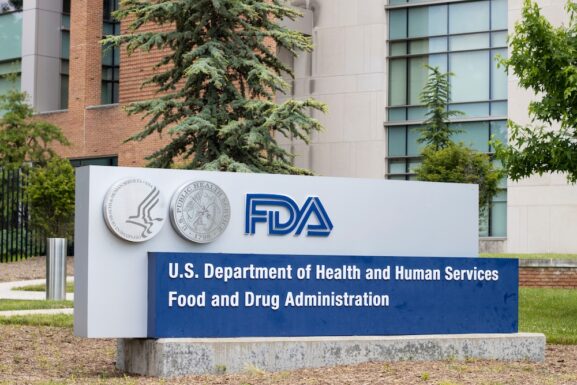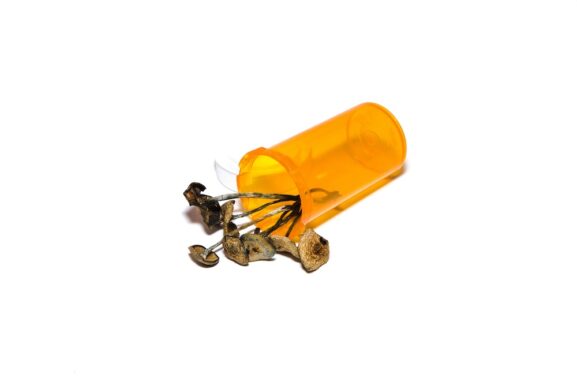This is How Much You Can Make Participating in a Psychedelic Clinical Trial
Ever wondered how much you could earn by participating in a psychedelic clinical trial? Given the number of questions we get around this topic, we’re sure you may be a little curious. Let’s break down the potential earnings, the types of trials, and what influences the stipend. Plus, we’ll look at the duration of these trials and some reputable institutions conducting them.
New: Get Pre-Screened for a Psychedelic Clinical Trial
Potential Earnings
The amount you can earn from participating in a psychedelic clinical trial varies widely. Here are some examples:
- Psilocybin for Depression Study: Up to $1,740 for participating in a three-year longitudinal study at Johns Hopkins, involving only a few visits per year.
- MDMA for PTSD Trial: Participants in MAPS-sponsored MDMA trials for PTSD can receive compensation, though exact amounts aren’t specified. These trials typically involve multiple therapy sessions over several months.
- Psilocybin for Smoking Cessation: A study at Johns Hopkins exploring psilocybin for tobacco addiction offers compensation up to $1,288 for completing all study procedures.
- Ketamine for Depression Study: Some ketamine trials for depression offer compensation ranging from $50 to $400 per visit, depending on the study design and time commitment.
These figures give you a ballpark idea, but the actual amount can vary based on several factors such as the study phase, duration, and procedures involved. It’s important to note, that some clinical trials offer no compensation, so there’s no guarantee.
Have questions about psychedelics and psychedelic-assisted therapy? Try out the beta version of HealingChat, HealingMaps AI chatbot that takes all our vetted content, clinics and retreats to answer all your questions in a safe environment. Try the beta version now!
Factors Influencing Pay
Several factors can influence how much you get paid in a psychedelic clinical trial:
- Trial Phase: Early-phase trials (Phase 1) often pay more because they involve higher risks and more intensive monitoring. Later phases (Phase 2 and 3) might pay less but involve more participants.
- Duration and Commitment: Longer trials with more sessions or overnight stays tend to pay more. For example, a study that requires multiple all-day sessions will likely offer higher compensation.
- Type of Substance: Trials involving substances with higher perceived risks, like LSD or psilocybin, might offer more compensation compared to those involving cannabis.
- Location: Trials conducted in urban areas might offer higher compensation due to the higher cost of living and greater competition for participants.
New: Interested in Being Part of a Psychedelics-Focused Clinical Trial? Sign Up Here
Length of Trials
The duration of psychedelic clinical trials can vary significantly:
- Short-Term Trials: Some trials might last only a few weeks.
- Long-Term Trials: Others, like longitudinal studies, can span several years but may require only a few visits per year. For instance, a three-year study at Johns Hopkins involves only a few visits per year and offers up to $1,740.
Vetted Institutions Conducting Psychedelic Trials
Several reputable institutions are leading the way in psychedelic research. Here are a few:
- Johns Hopkins University: Known for its pioneering work in psychedelic research, including studies on psilocybin for depression and tobacco addiction.
- NYU Langone Health: Conducts high-quality research on psychedelics, focusing on conditions like PTSD, depression, and substance use disorders.
- Multidisciplinary Association for Psychedelic Studies (MAPS): A non-profit organization that sponsors MDMA-assisted therapy trials for PTSD.
- University of Alabama at Birmingham and New York University: Collaborating with Johns Hopkins on a multi-site study funded by the NIH to explore psilocybin’s impact on tobacco addiction.
Why the Price Differences?
You might be wondering why there’s such a wide range in compensation. Here are a few reasons:
- Risk Level: Higher-risk studies, especially those in early phases, tend to offer more compensation.
- Time Commitment: Studies requiring more time, such as overnight stays or multiple long sessions, generally pay more.
- Complexity of Procedures: Trials involving complex procedures or intensive monitoring can offer higher pay to compensate for the inconvenience and potential discomfort.
Final Thoughts
Participating in a psychedelic clinical trial can be a lucrative way to contribute to groundbreaking research. However, it’s essential to weigh the potential risks and time commitments. Always ensure the trial is conducted by a reputable institution and that you fully understand the requirements and compensation before enrolling.




Carrin Fernandes
July 26, 2024 at 6:39 pmI’ve sat with ayahuasca over 20 times since 2017. And I’ve done mushrooms ceremonies and on my own as well numerous times. I’ve never done Ketamine or some of the others listen. I’m interested in participating in trial studies. I